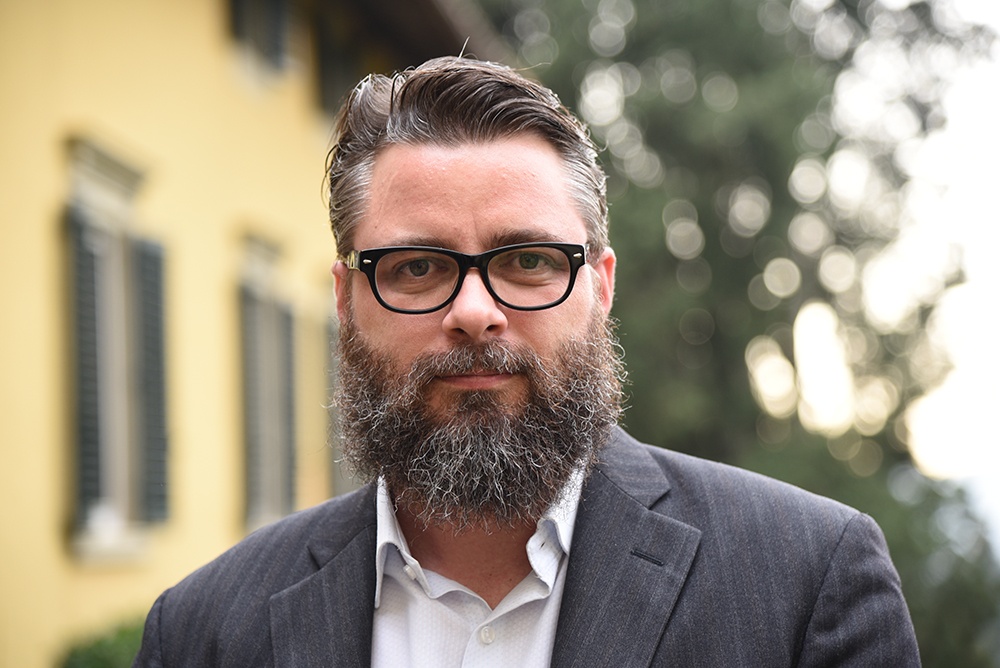Andrew Leach
Mannerism in Modern Architecture, 1920-1950
2017 - 2018 (January-June)

Biography
Andrew Leach is Professor of Architecture at the University of Sydney, having previously held positions at Griffith University (2010-16), the University of Queensland (2006-10) and the Wellington Institute of Technology (2000-2005). His work concerns the role of historical knowledge and writing in modern architectural culture. Among his books are Manfredo Tafuri (A&S Books, 2007—the subject of his Ghent University doctorate), What is Architectural History? (Polity, 2010), The Baroque in Architectural Culture, 1880-1980 (Ashgate, 2015, edited with Maarten Delbeke & John Macarthur), Rome (Polity, 2017) and Crisis on Crisis (Standpunkte, forthcoming 2017). He teaches Australian architecture and contemporary architectural theory.
Project Summary
Taking its starting point from Manfredo Tafuri’s L’architettura del manierismo nel cinquecento europeo (1966), this project concerns the literature and sources for the mid-twentieth-century construction of architectural “mannerism”. It concerns, too, mannerism’s part in the mid-century emergence of architectural history as a distinct field of inquiry. The research will investigate writing on architectural mannerism up to 1950 and the year, therefore, in which Colin Rowe published his influential essay “Mannerism and Modern Architecture”—on which such later works as Bruno Zevi’s treatment of “Michelangiolo architetto” (1964) and Robert Venturi’s embrace of mannerism in Complexity and Contradiction in Architecture (1966) one way or another rely. The project will consider how mannerism has been understood within the history of modern architectural culture, both on its own terms and in relation to contemporary architectural production and discourse. The research will reflect on the disciplinary implications of the study of mannerism for architectural history, exploring Tafuri’s premise that both architecture and the history of architecture has rallied around the idea of mannerism or revolted against it in moments of disciplinary and cultural insecurity—those moments in which the relation of art and history to culture and society has been open to fresh negotiation.
